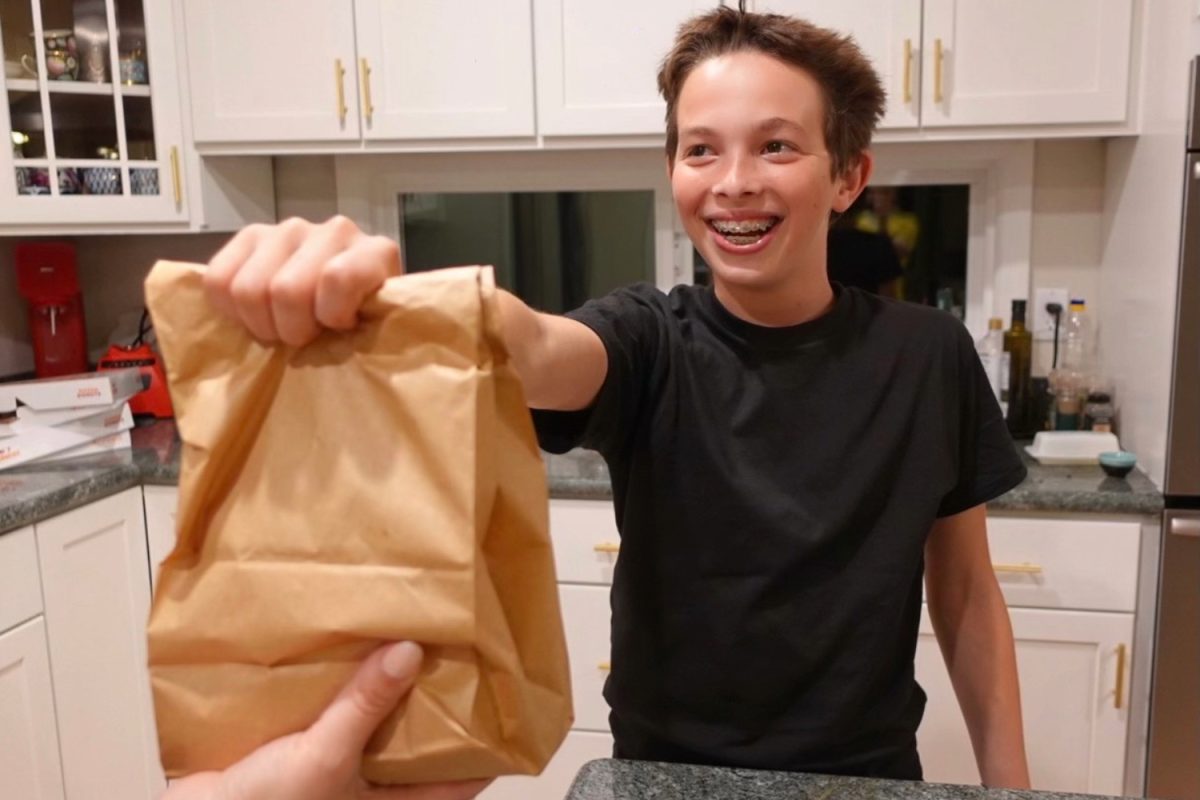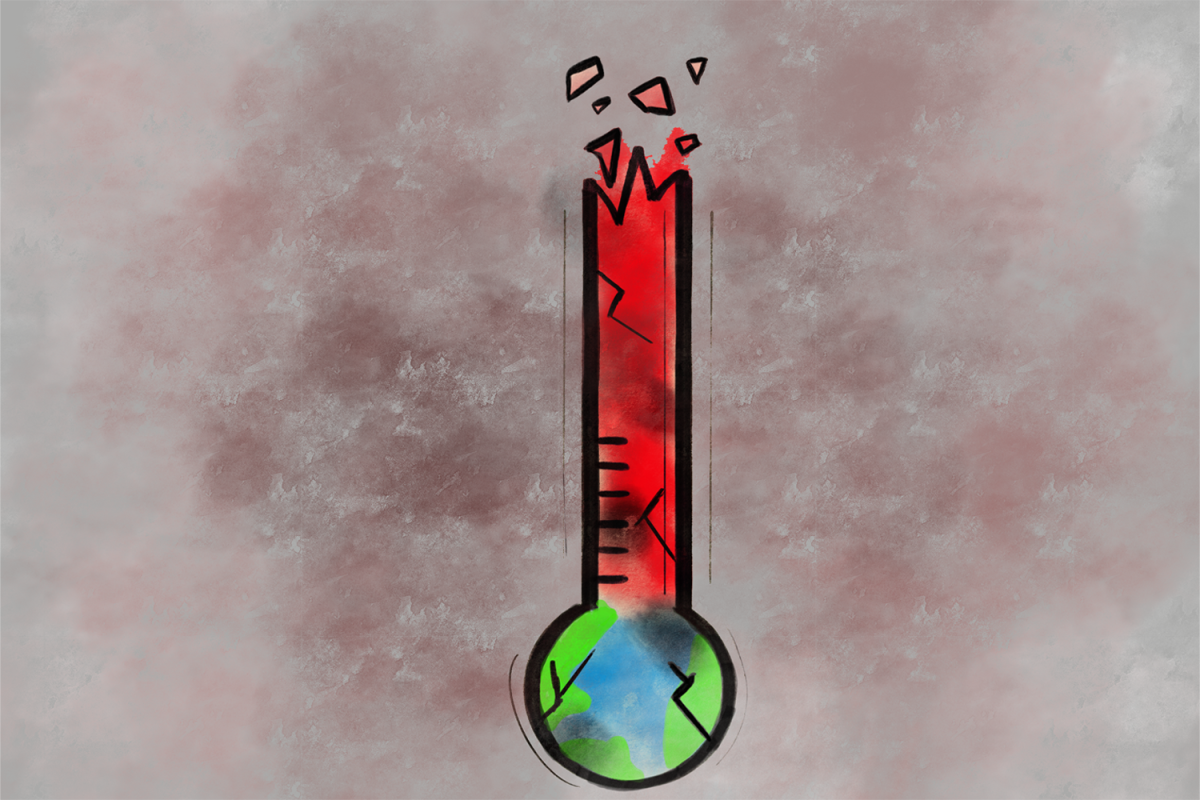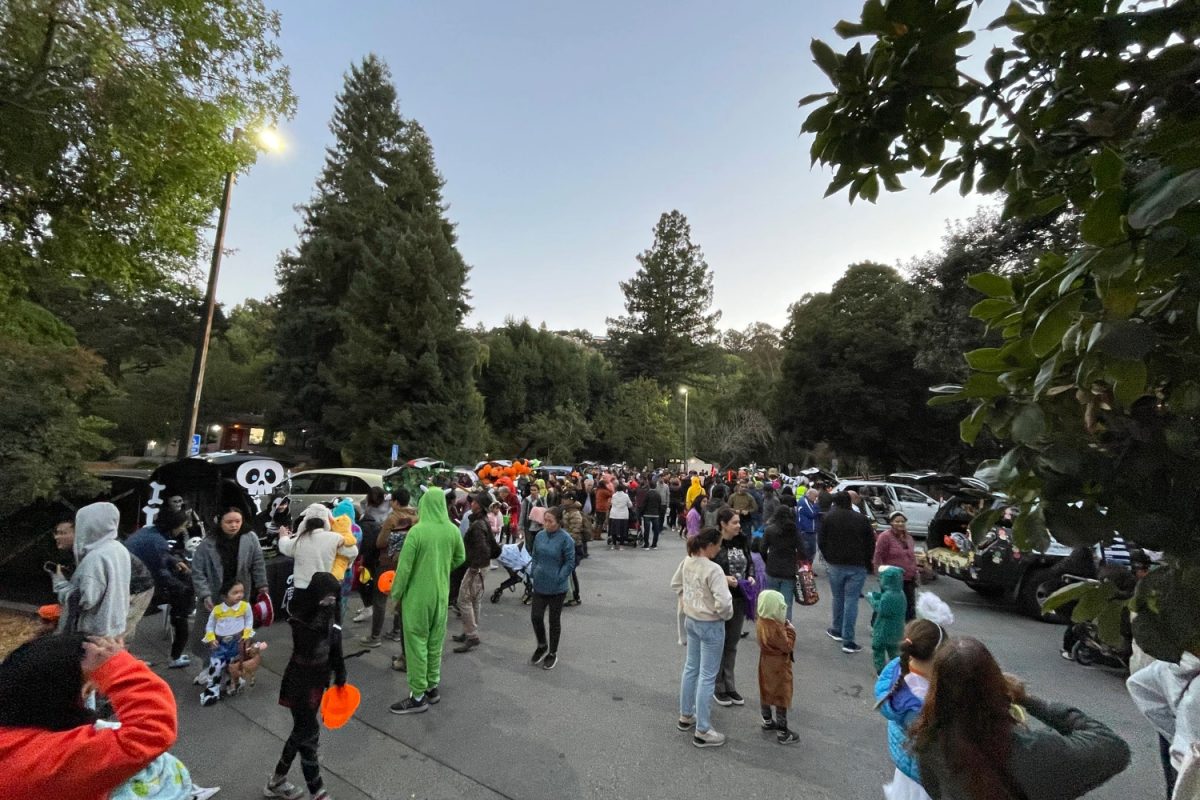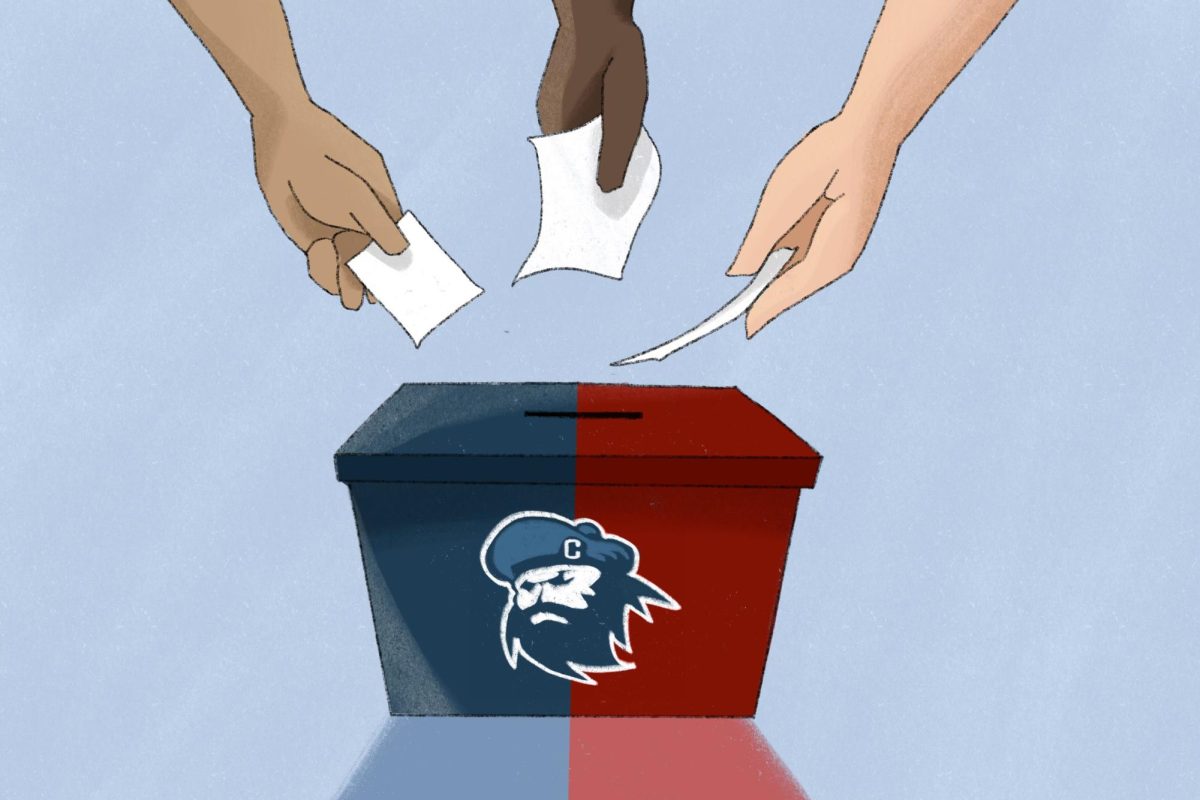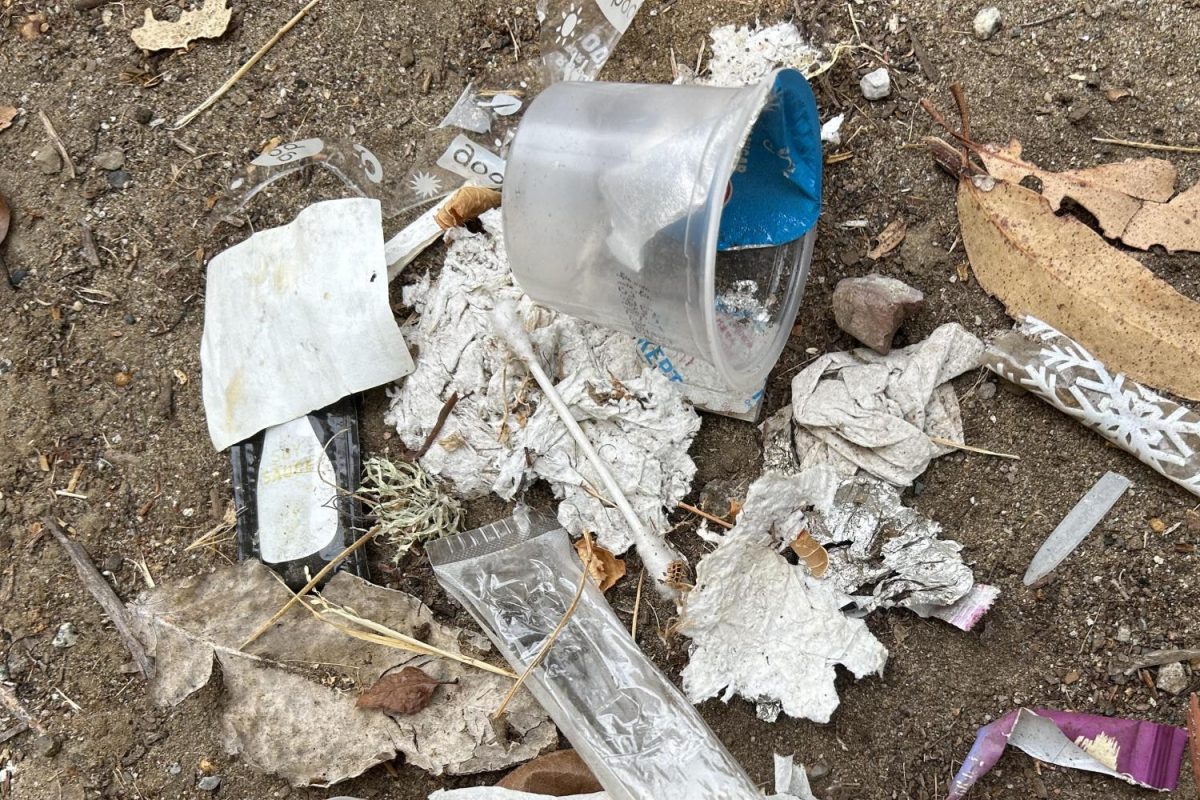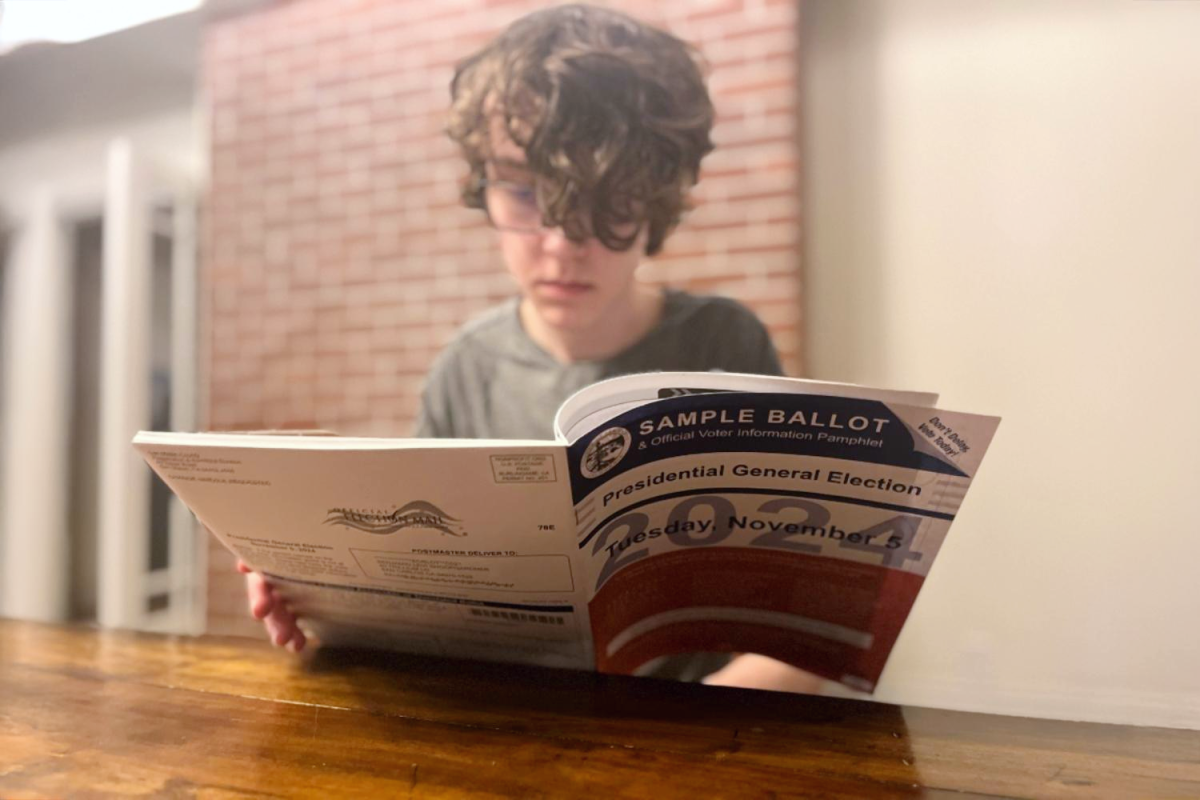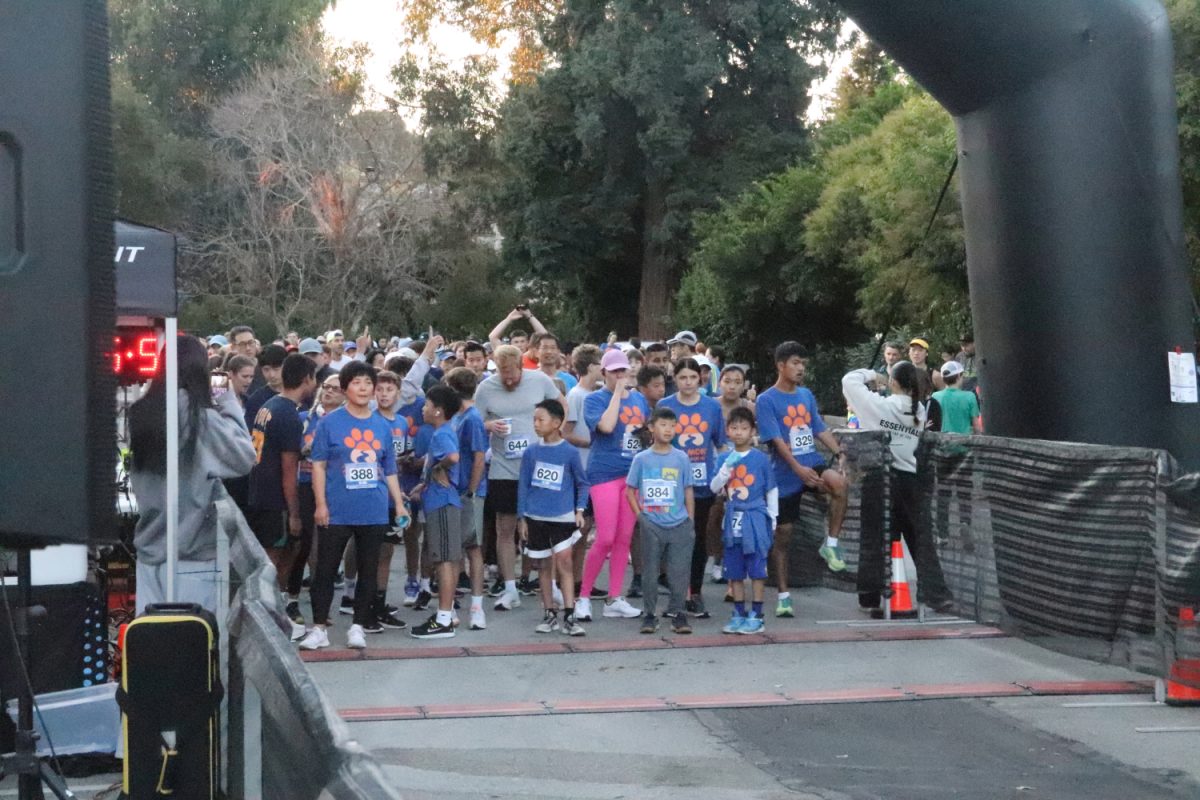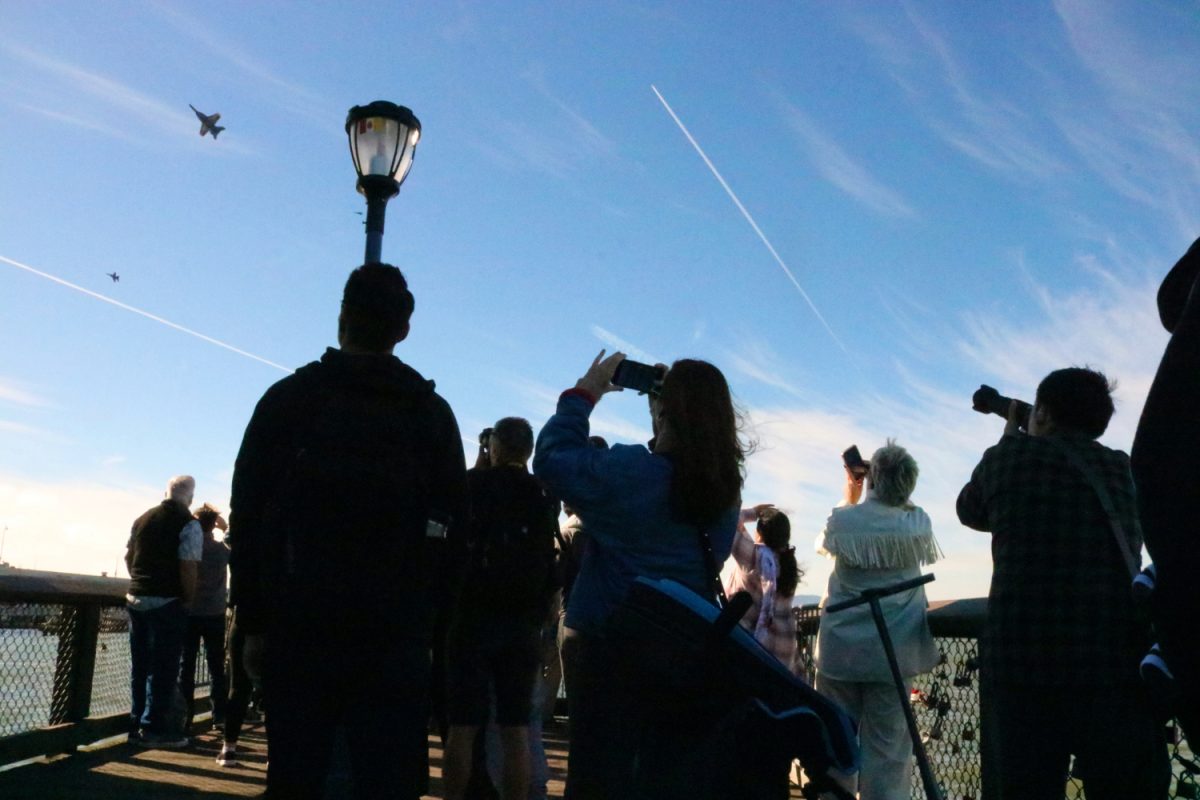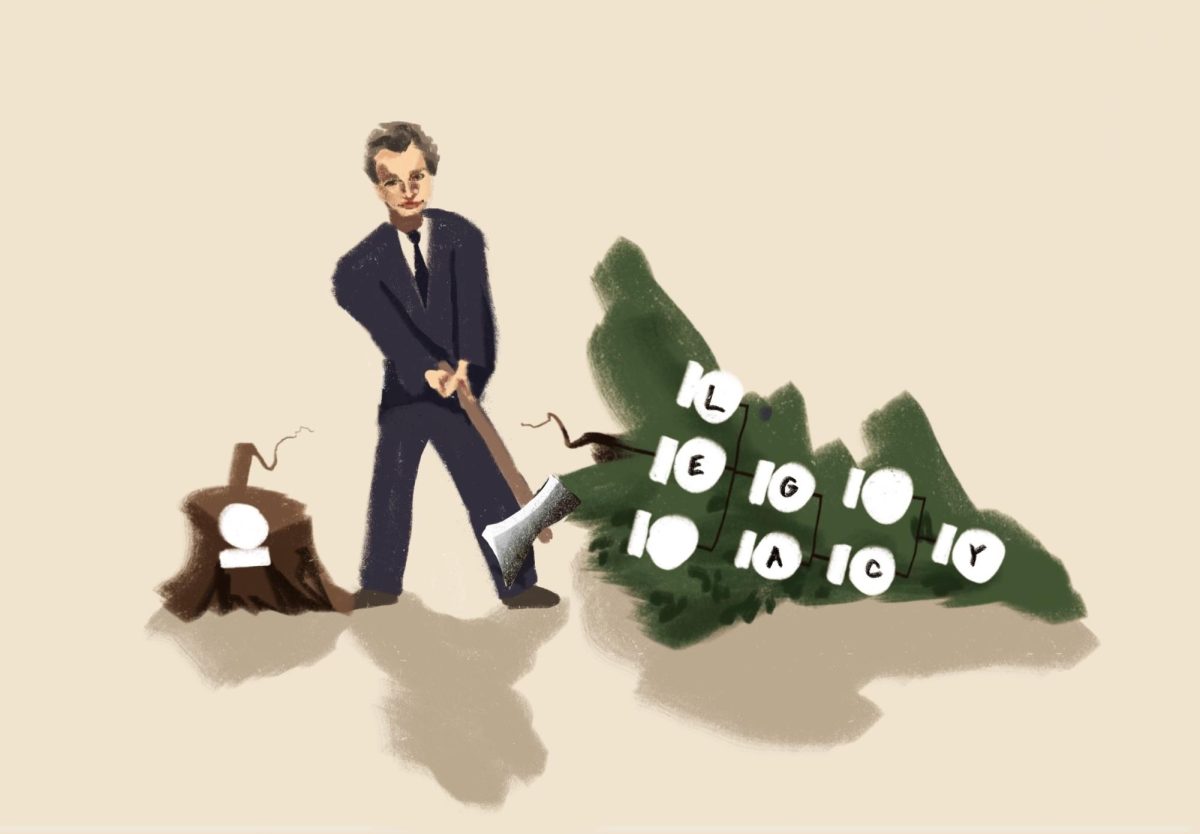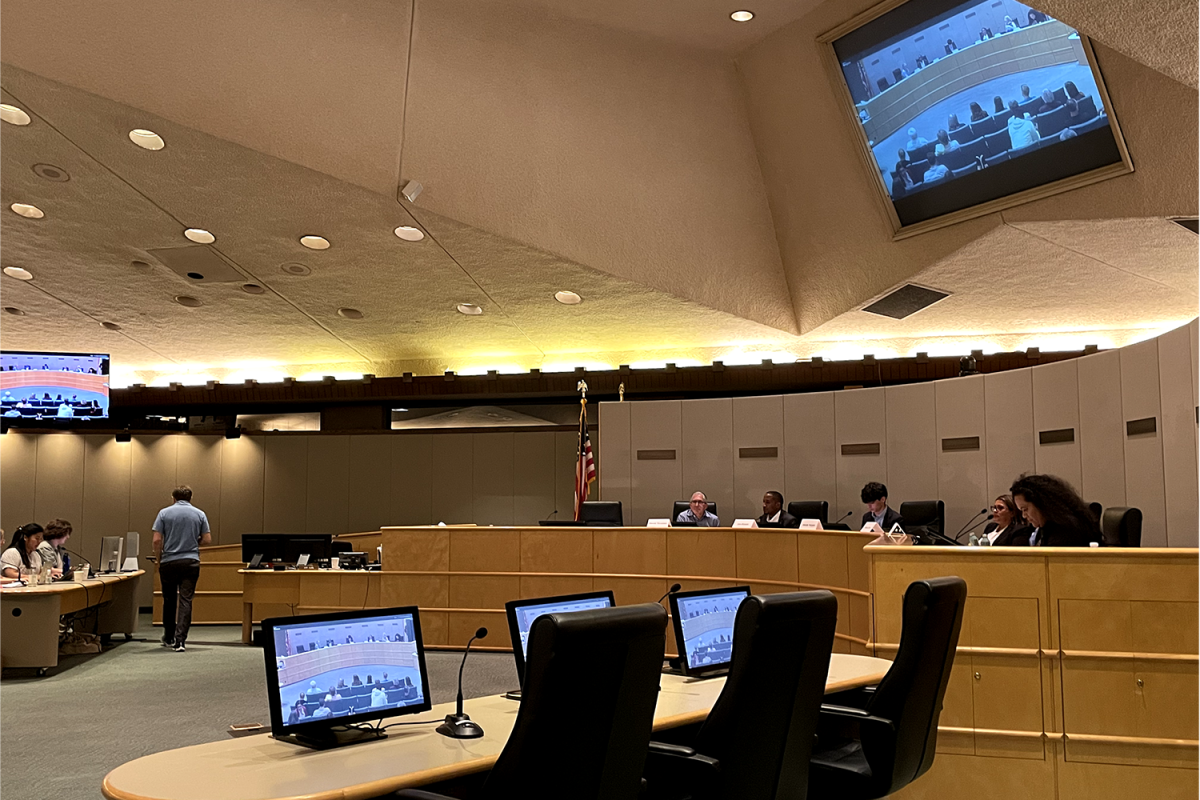Amidst the global struggle of food waste, resulting in more than one-third of all food being thrown away, Too Good To Go has emerged to turn things around. Founded in 2016, the app service now spans 17 countries, connecting more than 11 thousand businesses with surplus food to customers who can purchase it at a lower price.
Food waste is an enormous global challenge that can lead to detrimental environmental, social, and economic consequences. According to Feeding America, 119 billion pounds of food, equivalent to $408 billion, are wasted annually in the United States. On the contrary, the Food and Agriculture Organization of the United Nations estimated the number of hungry people in the world to be around 828 million in 2021.
Too Good To Go partners with various food-providing businesses, including restaurants, supermarkets, and boba shops, to implement a more sustainable alternative to discarding food.
Natalie Su, the co-president of the Green Team Club at Carlmont, acknowledges the massive impacts food can have on the environment.
“Food waste is really bad because not only are we wasting the efforts of farmers around the world, but waste can also have severe impacts on the environment. When we waste food, we also waste all of the energy that goes into planting, harvesting, and transporting the food that ends up on our plates. And of course, we can’t forget the ethical implications of food waste: many people worldwide suffer from malnutrition due to poverty while a third of all food produced is wasted worldwide,” Su said.
The process behind the app is simple; when businesses have unsold food items at the end of the day, they put together what Too Good To Go calls surprise bags. Customers can purchase these surprise bags, without knowing what’s inside them, filled with surplus food items for one-third of the original price. At the same time, businesses can reduce food waste and their environmental impact.
The app allows users to view which local businesses have surprise bags available to reserve that day or an upcoming day. Then, a time slot is created for the user to pick up their bag.
In addition, the app enables users to see relevant statistics about their efforts towards preventing environmental damage. Such statistics include the amount of carbon dioxide (CO2) emissions avoided as a result of purchasing what would otherwise have been food waste. Avoided emissions can also be viewed in terms of electricity, the number of fully charged smartphones, cups of hot coffee, and the time of hot showering.
According to the United States Environmental Protection Agency, when organic food, produced without artificial additives such as pesticides, ends up in landfills, it rots and produces methane–a greenhouse gas that contributes to global warming and the depletion of the ozone layer. Thus, Too Good to Go’s work helps to combat the production of methane, overall reducing environmental impacts in the food industry.
Too Good To Go is just one approach to addressing global food waste. Non-participating businesses have also been able to reduce their food waste, and, in turn, carbon footprint, by donating surplus food to charities.
“Starbucks donates all the food we don’t sell at the end of the day to a charity, or we give it away for free to homeless shelters in various cities,” said junior Charlie Wescott, a Starbucks employee.
Though the impact of simply throwing away food is often overlooked, utilizing resources to prevent waste is a simple way people can reduce their environmental impact.
“I never thought about how much food waste is impacting the environment. Too Good to Go seems cool, and I can’t wait to try it out in an effort to overall reduce my carbon footprint,” junior Sana Rahimi said.


